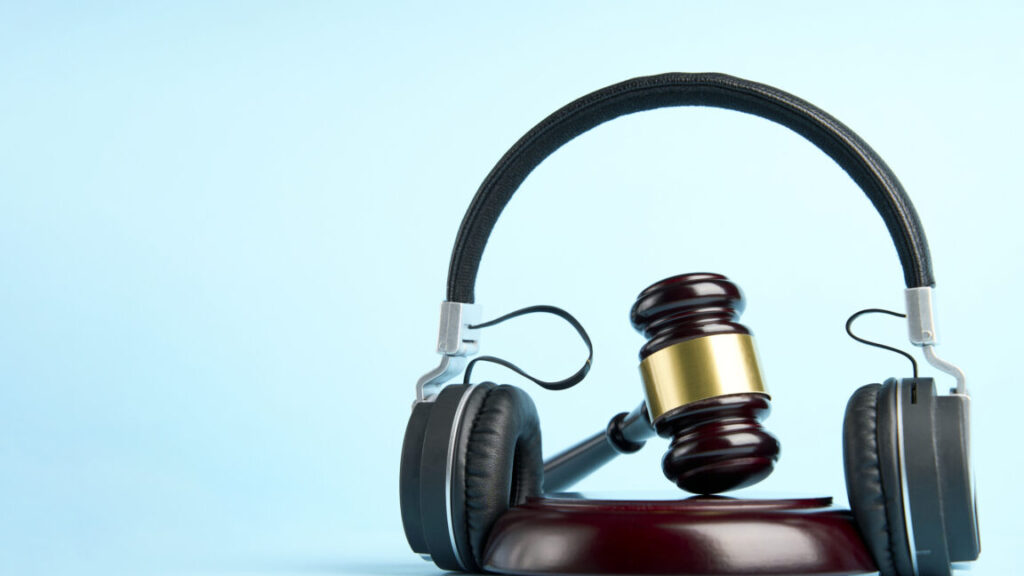Ars could not immediately reach Apple or Jennifer Golinveaux, Musi’s lawyer, for comment on the sanctions battle.
But in a separate filing, Golinveaux noted that Apple sent “thousands of pages of documents” to Musi, but those did not include any documents from key Apple employees that later had to be compelled. It was those employees whose communications allegedly show the “backchannel scheme” that Apple is accused of taking part in.
Perhaps most notably, among those court-ordered productions were emails involving Elizabeth Miles. An Apple senior legal director, Miles was “significantly involved in Apple’s discussions, outside of Apple’s normal app dispute process, with both Sony Music” and the National Music Publishers Association “about the Musi app,” Golinveaux said.
Miles, TorrentFreak noted, received an email in April 2024 from a Sony Music Entertainment executive who was asking for Apple’s help to “identify a path forward” and “have the Musi app removed from the Apple app store.” A month later, Miles scheduled a call with the Sony executive, and then four days later, another Apple lawyer requested a meeting to be set up, supposedly with YouTube, which happened within a week, Musi said evidence showed.
Apple also tried to block depositions from “two key Apple witnesses” who could explain what happened next, Golinveaux said.
Violet Evan-Karimian was Apple’s in-house counsel who was flagged “as the employee responsible for the decision to remove the Musi app,” Golinveaux said. And Arun Singh was Apple’s relationship manager with YouTube who was “responsible for arranging” a “call between Apple and YouTube about the Musi app” shortly after Miles’ back-and-forth with music publishers.
Singh testified that YouTube’s liaison confirmed that YouTube was unaware of the supposedly open complaint against Musi. Apparently, YouTube never received any of Apple’s emails warning that the 2023 complaint would be marked resolved if YouTube never responded. But while Musi argues that meant the complaint was closed at the time that Singh reached out, Apple claims that the complaint was never resolved, and YouTube was eager to pursue it once Apple reached out. While Musi claims that none of these particular details matter much, it also suggested that the idea that YouTube wouldn’t get communications from the App Store seemed so far-fetched that the court should consider if such a scenario was even feasible.


